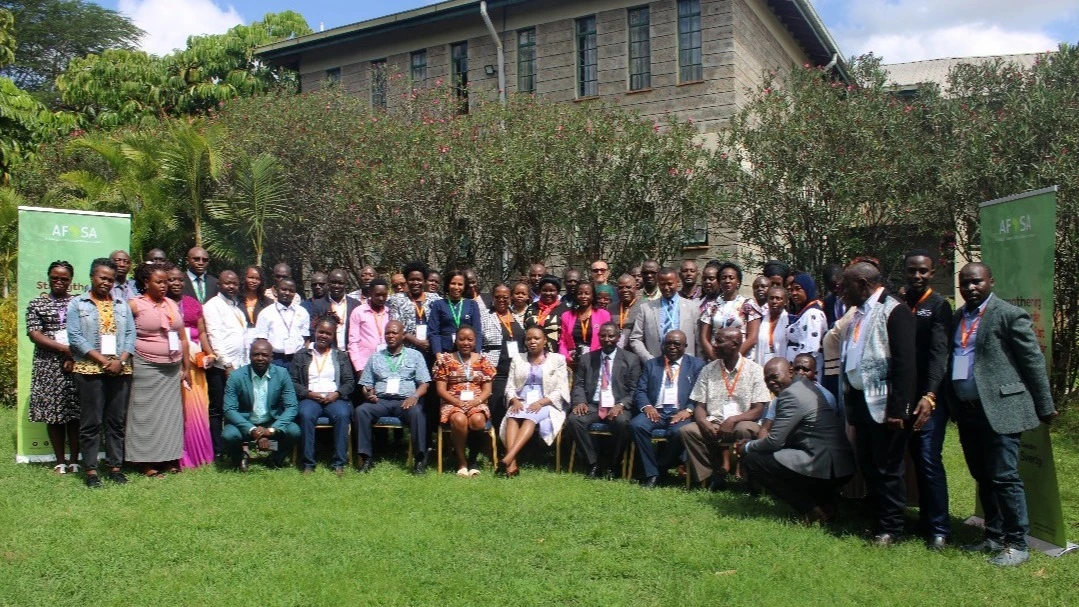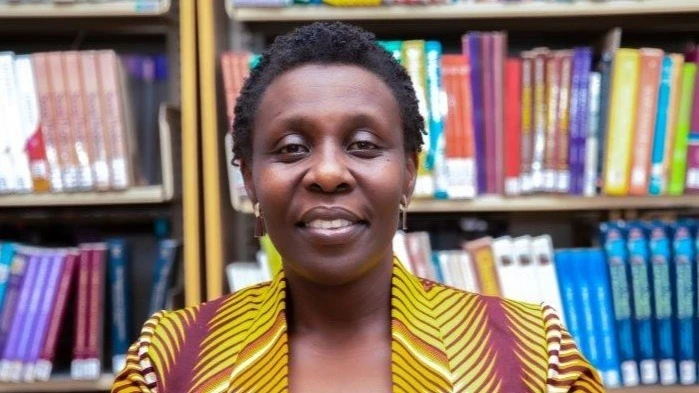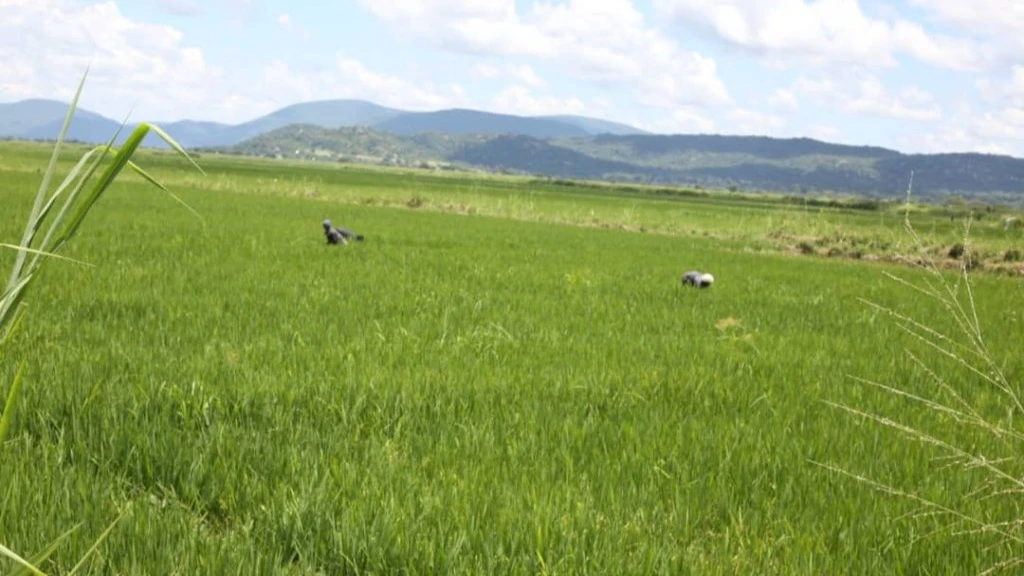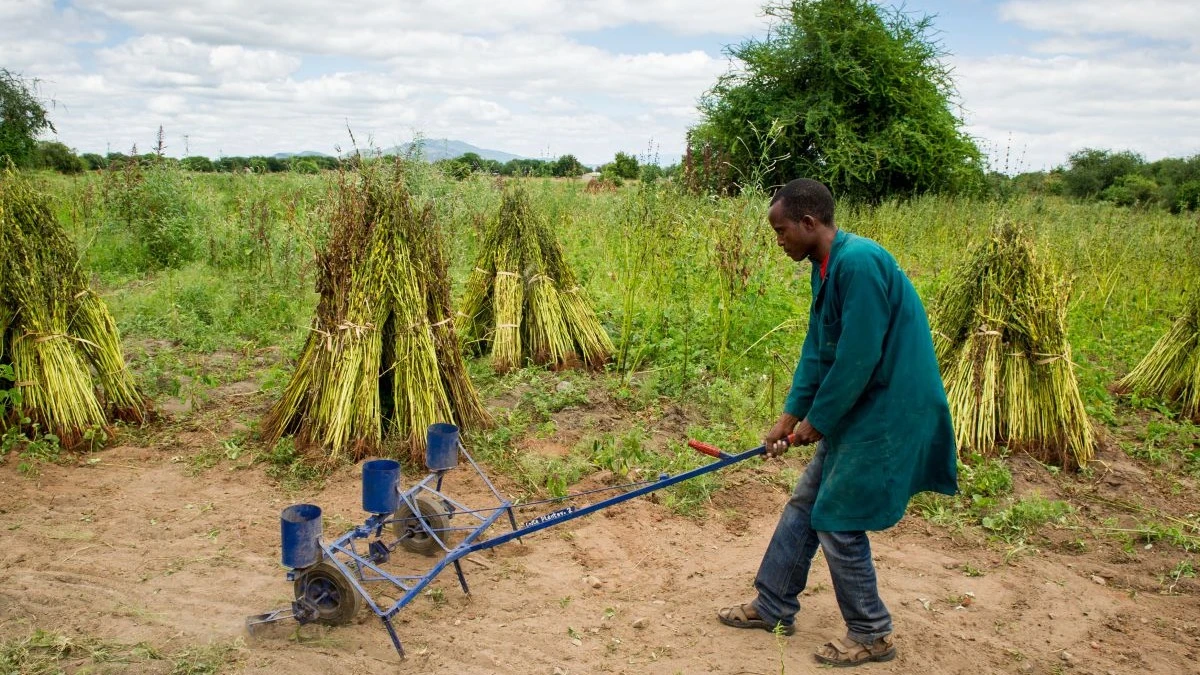Stakeholders call for policy reforms to support cross border agroecology trade

LAST week, the Alliance for Food Sovereignty in Africa (AFSA) convened more than 80 participants—including small-scale agroecological farmers, cross-border traders, territorial market leaders, civil society organizations (CSOs), representatives from the Common Market for Eastern and Southern Africa (COMESA), and policymakers from the East African Community (EAC) for a two-day meeting in Nairobi, Kenya.
The goal was to discuss challenges, share solutions, and chart a path forward for cross-border trade in agroecological produce. The gathering also brought together other key stakeholders from the EAC region, including relevant ministry officials, members of the East African Legislative Assembly (EALA), agroecological entrepreneurs from across EAC countries, funding partners, development agencies, and journalists covering regional trade and agriculture.
The meeting focused on validating findings from a regional study on cross-border trade in agroecological produce. Participants examined key insights from the study, aiming to inform and catalyze concrete actions that enhance and expand agroecological trade within the EAC.
Among the central challenges identified were restrictive trade policies and standards, persistent non-tariff barriers (NTBs), insufficient policy support, and gaps in trade facilitation mechanisms.
Stakeholders emphasized the need for coordinated efforts among policymakers, CSOs, traders, and agroecological entrepreneurs. Mariam Babu, a cross-border trader from the Busia border between Kenya and Uganda, highlighted the undervaluation of agroecological products at border points. She attributed this to a widespread lack of awareness about their environmental and food security benefits.
“There is an urgent need to integrate agroecological products into existing trade policies where they are currently excluded,” said Mariam. She noted that some EAC policies fail to afford agroecological goods the same recognition as conventional agricultural products.
Babu stressed the importance of reliable data. “Most policies are data-driven. Without concrete numerical evidence, it becomes difficult to advocate for supportive policies,” she explained.
She urged the EAC to build stronger partnerships with various stakeholders, emphasizing the importance of inclusive policy formulation that engages grassroots communities.
“Many existing policies that support agroecology remain theoretical. We must push for their practical implementation if we want to see meaningful change,” she added.
Reflecting on the study, Mariam acknowledged significant improvements in NTB reductions at key points like the Busia one-stop border post. However, she also cited unresolved issues, such as Kenya’s continued restrictions on Uganda’s eggs and milk, which disrupt cross-border trade.
Thomas Laiser, a lobbying and advocacy officer with the Federation of Smallholder Farmers in Tanzania (SHIWAKUTA), highlighted similar concerns at the Namanga border between Tanzania and Kenya. He emphasized the lack of institutional support for accessing organic inputs and noted limited cooperation from government ministries.
“In Tanzania, we are missing opportunities in agroecological farming, which has enormous commercial potential in the EAC and beyond,” said Laiser. “Agroecology benefits not only food security but also environmental sustainability.”
SHIWAKUTA participated in the regional study whereas Laiser noted its impact: “The study opened our eyes. It made us realize that we, as farmers and traders, carry the responsibility of pushing the agroecology agenda. We can’t wait for others to act—we must lead.”
Samy Jean Takimbula, an agroecological trader from Bukavu in the Democratic Republic of Congo (DRC), shared experiences from the Gatumba–Kavimvira border between Burundi and Congo.
He identified key hurdles including inconsistent border procedures, administrative delays, high transaction costs for informal traders, language barriers, and lack of harmonized documentation.
He also flagged regulatory inconsistencies between the DRC and Rwanda, such as the absence of mutually recognized certification for organic products. These issues, he said, restrict access to wider markets.
“Moreover, weak coordination between national institutions and EAC bodies hampers the harmonized implementation of trade facilitation frameworks,” said Samy Jean, who also serves as Vice President of the International Popular Podium of Youths (PPY).
He added that political instability, conflict, and disease outbreaks in eastern DRC further disrupt trade and farming, often leading to sudden border closures or restrictions.
EALA member Hon. Francoise Uwumukiza underscored the EAC’s commitment to agroecology, stating that it plays a pivotal role in shaping regional policies. “The community supports agroecology through legislation, oversight, and advocacy in alignment with AFSA,” she said.
Francoise outlined how EALA contributes through legislative frameworks that harmonize agricultural policies to support sustainable farming, farmer-managed seed systems (FMSS), and agroecological trade—aligned with the EAC Agriculture and Rural Development Policy and the Food Security Action Plan.
“EALA validates studies like AFSA’s through public hearings and committee reviews, ensuring grassroots voices inform policy,” she explained.
She emphasized leveraging the EAC Common Market Protocol to facilitate agroecological trade through tariff reductions, simplified customs, and harmonized standards. Additionally, EALA supports climate-resilient agroecology via the EAC Climate Change Policy.
Francoise cited other initiatives, such as proposed legislation on seed sovereignty, agroecology incentives (e.g., biofertilizer subsidies and tax relief), NTB reduction reforms, and gender-inclusive policies to ensure broad access to agroecological opportunities.
“EALA can also push for increased budget allocations to agroecology programmes, including support for small and medium enterprises and regional training initiatives. Collaborations with partners like AFSA and alignment with the African Continental Free Trade Area (AfCFTA) and the Malabo Declaration will help scale agroecological efforts,” she concluded.
Frank Dafa, Policy, Standards, NTB, and SPS Manager at the East African Business Council (EABC), acknowledged that while agroecology may be a new concept to some, it holds great promise for food security and economic growth in the region.
“EAC partner states, development partners, and regional bodies such as the EABC must make deliberate efforts to promote agroecological goods, including establishing guarantee schemes and dedicated trade corridors,” said Dafa. He added that agriculture remains a cornerstone of the EAC economy and is central to the EABC’s agenda.
To overcome challenges facing agro-economy, Dafa noted that EABC has formed a private sector working group on agribusiness. “This group will provide strategic guidance and advocacy to advance the sector,” he said.
He concluded by highlighting EABC’s role in promoting intra-EAC agri-food trade and addressing NTBs at select borders. “These efforts will be crucial in partnering with AFSA and other stakeholders to scale up trade in agroecological produce.”
Top Headlines
© 2025 IPPMEDIA.COM. ALL RIGHTS RESERVED

























